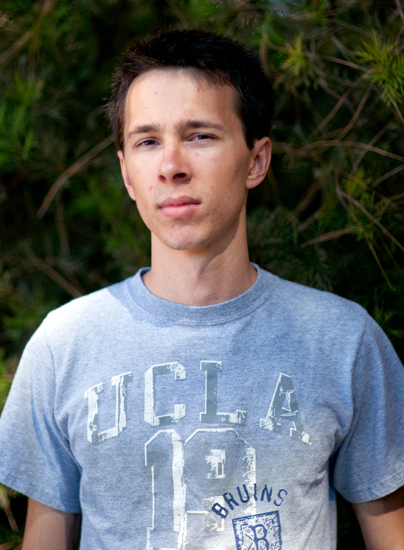Foster youth at UCLA have a number of resources at their disposal to aid with the transition to college ““ housing, financial aid and counseling services, to name a few.
What many do not have, however, is a family or support group to help motivate them to succeed.
This lack of support hinders many foster youth from entering any college, let alone UCLA.
Steven Severance, a third-year political science student, said education became a way to escape turmoil at home.
Despite the largely negative effects of his home life, Severance said his biological parents nonetheless instilled a drive for success from early on.
Severance was raised in a family prone to domestic violence until he entered foster care only two years before coming to UCLA. He said he found a place of comfort at high school, where he became close to a number of teachers who mentored him.
“Because my home was never a place I was at ease, school became a support system,” Severance said.
The need for success continued once Severance entered foster care, as he said he had a supportive foster mother with whom he still keeps in touch.
Foster youth like Severance who reach UCLA are unique because they have beaten the odds, said social welfare professor Rosina Becerra.
Becerra said only about 50 percent of foster youth finish high school, so the number of UC-eligible students is low to begin with. Of those students who are admitted to UCLA, fewer than 10 percent graduate with a bachelor’s degree, said Becerra, a former social worker who is beginning her research on foster youth.
In the fall of 2008 and 2009, respectively, there were a total of 129 self-reported foster youth who entered UCLA.
Becerra said though the foster youth at UCLA may lack the traditional families and environments in which goals originate and are nurtured, they were still able to gain admission to a school that accepts very few.
Success to Becerra, however, means graduating with a bachelor’s degree, not just reaching UCLA. In order to ensure a higher success rate, she said she believes it is important to discover how foster youth are able to motivate themselves and how they continue that drive throughout their college careers.
“The thing that’s hard is always keeping the motivation going, making it clear that the university cares about success, building a sense of self-esteem,” Becerra said. “That’s what I call the intangibles ““ things you get a lot from families, from a social support system.”
Becerra said having someone other than one’s peers to talk to is important for any student, especially for one who grew up without a consistent familial figure in their life.
“The more they can see (that) the campus (is) sort of a surrogate home for them and that the faculty and their fellow students care about them and their success, I think that helps,” Becerra said.
